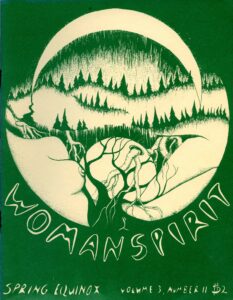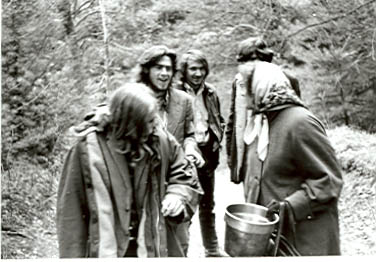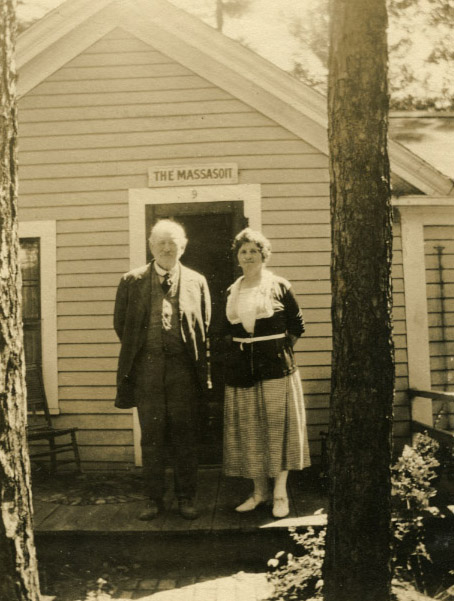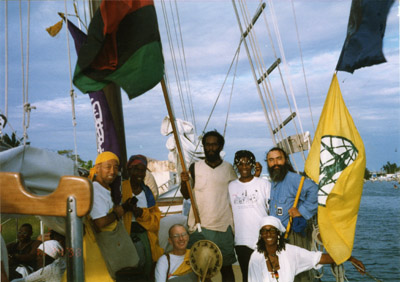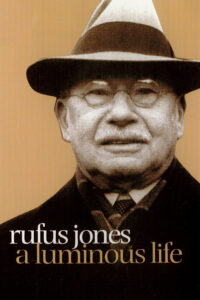American Friends Service Committee Records
Stored offsite; contact SCUA to request materials from this collection.
Established in 1968 in response to the war in Vietnam, the AFSC office in western Massachusetts did not limit its focus to draft and military counseling, instead the organization broadened its focus over time to include educational and outreach programs for a variety of peace and socal justice issues. Today the chapter focuses on economic justice, campaigns against U.S. military intervention, and actions to combat racism and classism. With an emphasis on serving the community of western Massachusetts, the program is equally committed to calling attention to issues of both national and local importance. Recent campaigns range from ending the war in Iraq and supporting peace in Columbia to preventing the construction of a new jail in Chicopee.
The collection consists chiefly of subject files that together provide a picture of the various issues in which the western Massachusetts AFSC was involved. Topics range from the organization’s earliest focus, the Vietnam War, to the first Gulf War, landlord/tenant relations, immigration, and landmines. The collection also includes materials relating to public figures, some of whom traveled to the region to speak.



